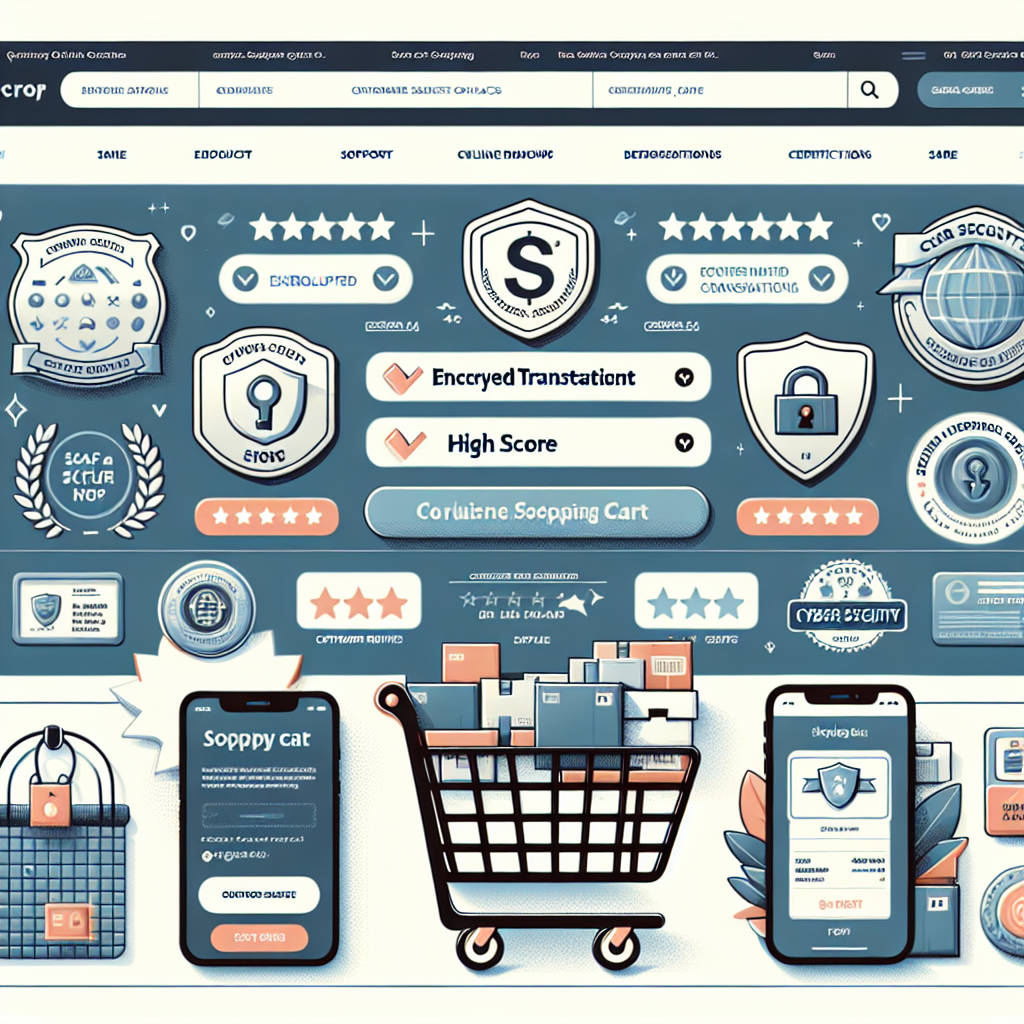
The Impact of Ethical Consumerism on eCommerce
The Impact of Ethical Consumerism on eCommerce
In recent years, there has been a significant rise in ethical consumerism, and this trend has had a profound impact on the world of eCommerce. People are becoming more conscious of the social and environmental implications of their purchasing decisions, and they are actively seeking out brands and products that align with their values. This shift in consumer behavior has forced eCommerce businesses to adapt and prioritize ethical practices in order to stay relevant and competitive.
One of the most noticeable impacts of ethical consumerism on eCommerce is the increased demand for transparency. Consumers want to know where their products come from, how they are made, and the impact they have on the environment and society. This has led to a rise in certifications and labels that indicate a product’s ethical credentials, such as Fair Trade, Organic, and Cruelty-Free. eCommerce businesses that can provide this information and demonstrate their commitment to ethical practices are more likely to gain the trust and loyalty of consumers.
Another significant impact of ethical consumerism on eCommerce is the rise of sustainable and eco-friendly products. As consumers become more aware of the environmental consequences of their consumption habits, they are actively seeking out products that are made from sustainable materials, have a minimal carbon footprint, and are produced using ethical manufacturing processes. This has led to a surge in demand for products such as organic clothing, reusable household items, and zero-waste packaging. eCommerce businesses that can offer these types of products are well-positioned to capitalize on the growing market of environmentally conscious consumers.
Furthermore, ethical consumerism has also influenced the way eCommerce businesses approach their supply chains. Consumers are increasingly concerned about the working conditions and wages of the people involved in the production of the products they buy. They want to support brands that treat their workers fairly and provide safe working environments. As a result, eCommerce businesses are under pressure to ensure that their supply chains are transparent and free from exploitation. This has led to the rise of initiatives such as fair trade partnerships and ethical sourcing practices. By prioritizing ethical supply chains, eCommerce businesses can not only meet the demands of ethical consumers but also contribute to positive social change.
In addition to these impacts, ethical consumerism has also influenced the way eCommerce businesses market their products. Traditional marketing tactics that focus solely on product features and price are no longer enough to attract and retain customers. Consumers want to connect with brands that share their values and have a positive impact on society. This has led to the rise of purpose-driven marketing, where eCommerce businesses highlight their ethical practices and social initiatives in their advertising campaigns. By aligning their brand with a cause, eCommerce businesses can differentiate themselves from their competitors and appeal to the growing number of ethical consumers.
In conclusion, the rise of ethical consumerism has had a profound impact on the world of eCommerce. Consumers are demanding transparency, sustainability, and ethical practices from the brands they support. This has forced eCommerce businesses to adapt and prioritize ethical practices in order to stay relevant and competitive. By embracing ethical consumerism, eCommerce businesses can not only meet the demands of consumers but also contribute to positive social and environmental change.

